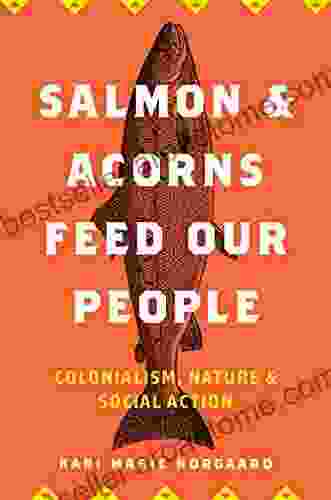Unveiling the Complex Nexus of Colonialism, Nature, and Social Action: A Comprehensive Exploration

The intricate relationship between colonialism, nature, and social action has long fascinated scholars and activists alike. Colonialism, the imposition of foreign rule over a territory, has left an enduring legacy on the environment and societies it touched. This comprehensive article delves into the multifaceted connections between these elements, examining their historical and contemporary implications.
Colonialism and Environmental Degradation
Colonial powers have often exploited natural resources in colonized territories for their own gain, leading to widespread environmental degradation. For example, in the Our Book Library rainforest, extensive logging and mining have contributed to deforestation and habitat loss. Similarly, in India, British colonial policies resulted in the mass clearing of forests for cash crops, such as tea and cotton, leading to soil erosion and biodiversity decline.
4.6 out of 5
| Language | : | English |
| File size | : | 6236 KB |
| Text-to-Speech | : | Enabled |
| Enhanced typesetting | : | Enabled |
| Word Wise | : | Enabled |
| Print length | : | 305 pages |
| Screen Reader | : | Supported |
Nature as a Tool of Oppression
In addition to causing environmental harm, colonialism has also used nature as a means of controlling and oppressing indigenous populations. By restricting access to land and other resources, colonial powers have marginalized and impoverished colonized peoples. In Australia, for instance, the British government forcibly removed Aboriginal people from their traditional lands, disrupting their cultural and economic practices.
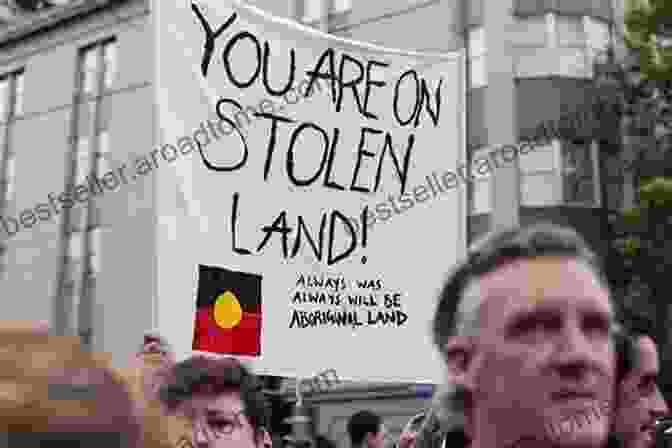
Social Action and Environmental Justice
The environmental and social injustices caused by colonialism have inspired a growing movement for social action and environmental justice. Indigenous rights activists, environmentalists, and community organizers are working together to address the legacy of colonialism and protect both natural and cultural heritage. In the Congo Basin, for example, local communities are collaborating with conservation organizations to establish sustainable logging practices and preserve forest ecosystems.
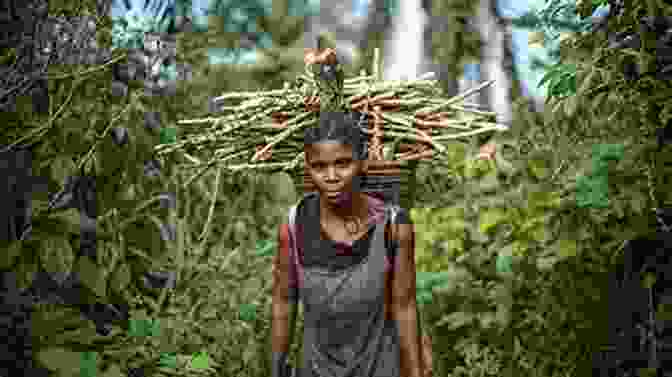
The Role of Nature in Social Identity and Resistance
For many indigenous and marginalized communities, nature holds deep cultural and spiritual significance. In the face of colonial oppression, nature has often served as a source of identity, resilience, and resistance. For example, the Maori people of New Zealand have a profound connection to the land, which they believe is sacred and holds the spirits of their ancestors. This connection has empowered them to resist colonial assimilation and protect their cultural heritage.

Nature as a Site of Reconciliation
In recent years, there has been a growing recognition of the role that nature can play in reconciliation between former colonizers and colonized peoples. By working together to restore and protect shared ecosystems, communities can bridge historical divides and build a more sustainable and equitable future. In Canada, for example, indigenous and non-indigenous groups are collaborating on conservation projects to safeguard traditional territories and promote cultural exchange.

The complex relationship between colonialism, nature, and social action has shaped the world we live in today. Colonialism has left a legacy of environmental degradation and social inequality, but it has also inspired movements for justice and reconciliation. By understanding the multifaceted connections between these elements, we can work towards a more sustainable and equitable future that respects the rights of indigenous peoples, protects the environment, and promotes social harmony.
Further Reading
- Nature and Colonialism: Past, Present, and Future
- Colonialism and the Science and Politics of Nature
- Colonialism, Nature, and Social Action
4.6 out of 5
| Language | : | English |
| File size | : | 6236 KB |
| Text-to-Speech | : | Enabled |
| Enhanced typesetting | : | Enabled |
| Word Wise | : | Enabled |
| Print length | : | 305 pages |
| Screen Reader | : | Supported |
Do you want to contribute by writing guest posts on this blog?
Please contact us and send us a resume of previous articles that you have written.
 Book
Book Novel
Novel Page
Page Chapter
Chapter Text
Text Story
Story Genre
Genre Reader
Reader Library
Library Paperback
Paperback E-book
E-book Magazine
Magazine Newspaper
Newspaper Paragraph
Paragraph Sentence
Sentence Bookmark
Bookmark Shelf
Shelf Glossary
Glossary Bibliography
Bibliography Foreword
Foreword Preface
Preface Synopsis
Synopsis Annotation
Annotation Footnote
Footnote Manuscript
Manuscript Scroll
Scroll Codex
Codex Tome
Tome Bestseller
Bestseller Classics
Classics Library card
Library card Narrative
Narrative Biography
Biography Autobiography
Autobiography Memoir
Memoir Reference
Reference Encyclopedia
Encyclopedia Anne Christie
Anne Christie Anne Marie Hoare
Anne Marie Hoare Csaba Hegyvary
Csaba Hegyvary Steve Fenton
Steve Fenton F C Shaw
F C Shaw Kenneth Christopher
Kenneth Christopher Annmarie O Connor
Annmarie O Connor Lenny Burdette
Lenny Burdette Ken Barker
Ken Barker Patrick Boniface
Patrick Boniface Arlene Weintraub
Arlene Weintraub Gareth Greaves
Gareth Greaves Teri Halstead Rn Msn
Teri Halstead Rn Msn Robert Briscoe
Robert Briscoe R H B Ranns
R H B Ranns Raffaele Cecco
Raffaele Cecco Lu Yen Chang
Lu Yen Chang Arnold L Rosenberg
Arnold L Rosenberg Apela Colorado
Apela Colorado Dagny Mckinley
Dagny Mckinley
Light bulbAdvertise smarter! Our strategic ad space ensures maximum exposure. Reserve your spot today!
 Rudyard KiplingFollow ·13.5k
Rudyard KiplingFollow ·13.5k Ivan TurnerFollow ·5.4k
Ivan TurnerFollow ·5.4k E.E. CummingsFollow ·12.3k
E.E. CummingsFollow ·12.3k Craig CarterFollow ·18.8k
Craig CarterFollow ·18.8k Ira CoxFollow ·2k
Ira CoxFollow ·2k Jack ButlerFollow ·13.8k
Jack ButlerFollow ·13.8k Langston HughesFollow ·19.8k
Langston HughesFollow ·19.8k Abe MitchellFollow ·10.8k
Abe MitchellFollow ·10.8k
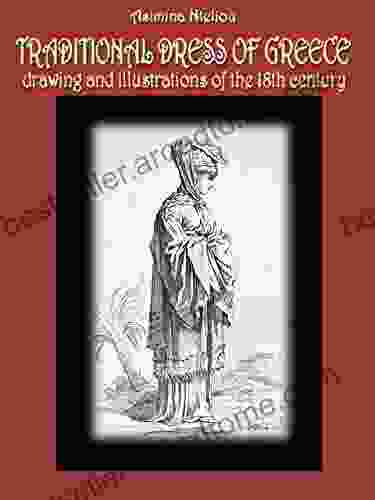
 Jeremy Cook
Jeremy CookDrawing and Illustrations of the 18th Century: A Journey...
Step into the...

 Easton Powell
Easton PowellPhysician Experience With Obstructive Sleep Apnea: The...
Obstructive sleep apnea (OSA) is a common...

 Cruz Simmons
Cruz SimmonsUnlock Your Inner Healer: The Transformative Power of...
Are you ready to embark on a profound healing...
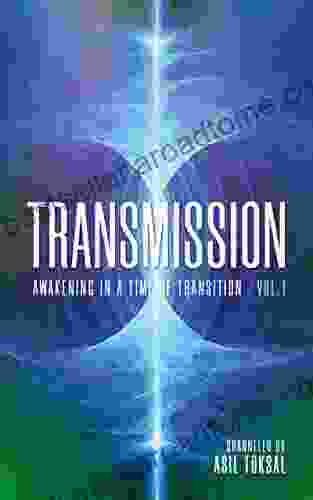
 Paulo Coelho
Paulo CoelhoTransmission Awakening In Time Of Transition Vol. 1: A...
Transmission Awakening...
4.6 out of 5
| Language | : | English |
| File size | : | 6236 KB |
| Text-to-Speech | : | Enabled |
| Enhanced typesetting | : | Enabled |
| Word Wise | : | Enabled |
| Print length | : | 305 pages |
| Screen Reader | : | Supported |


